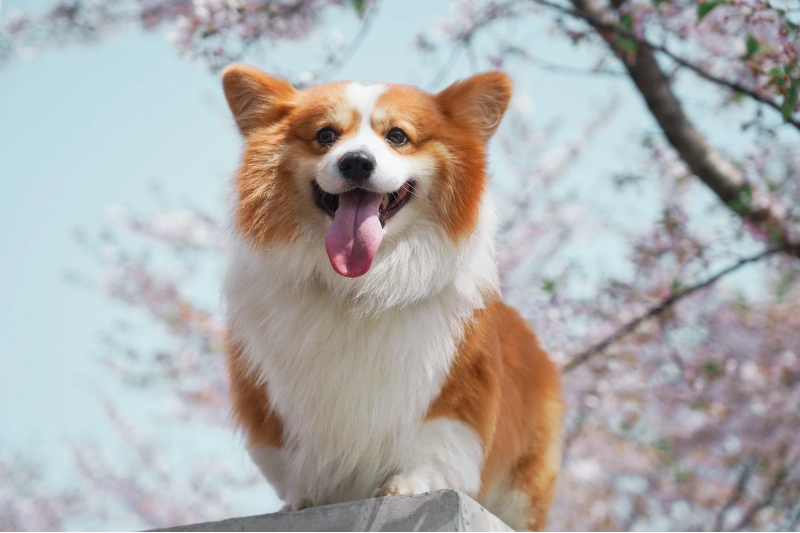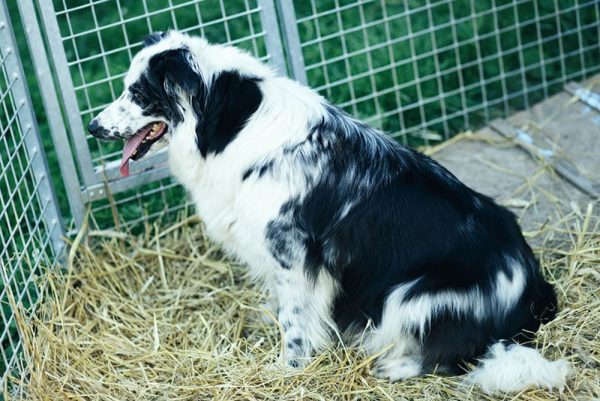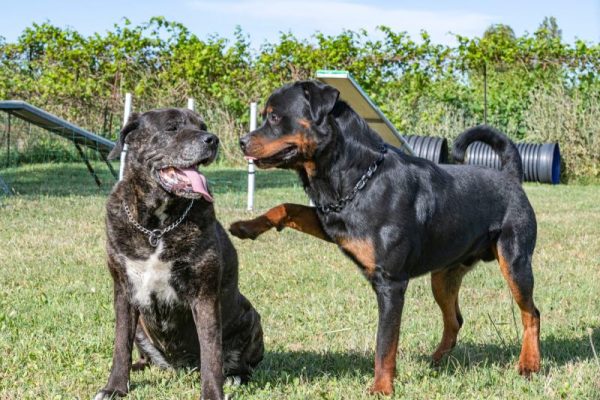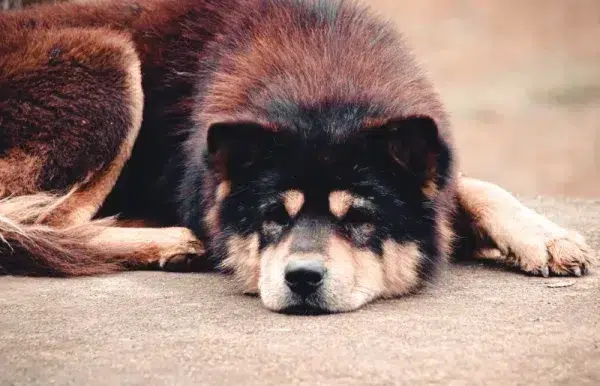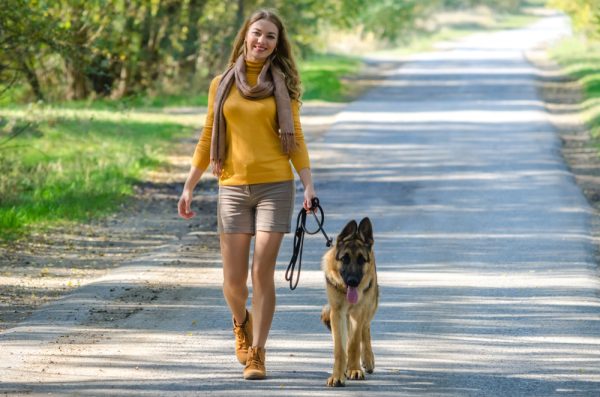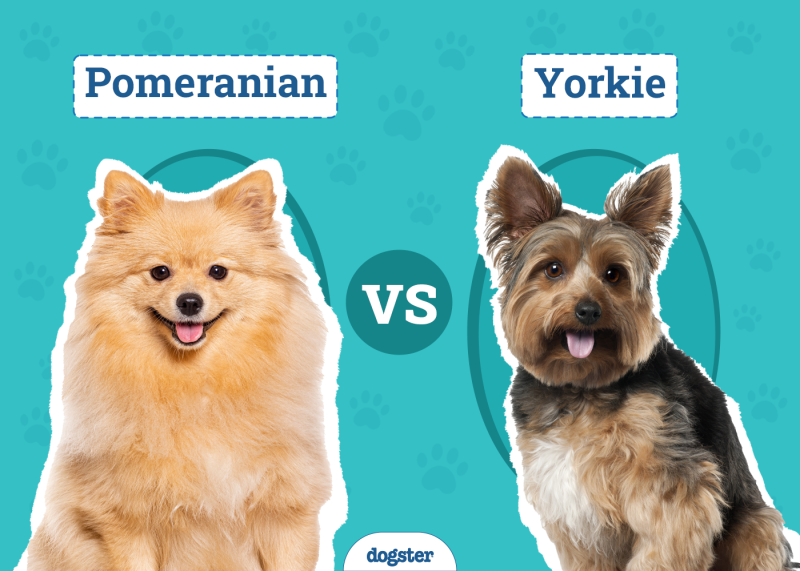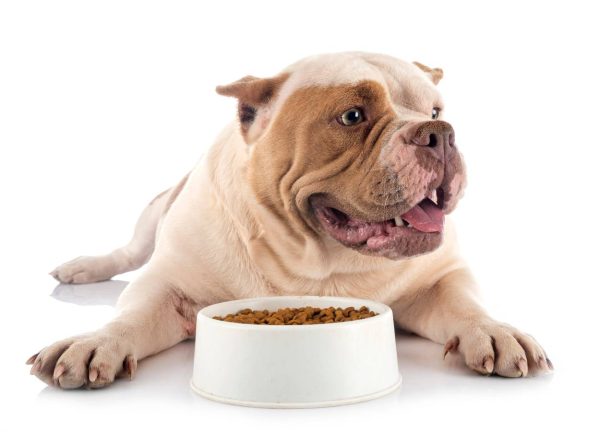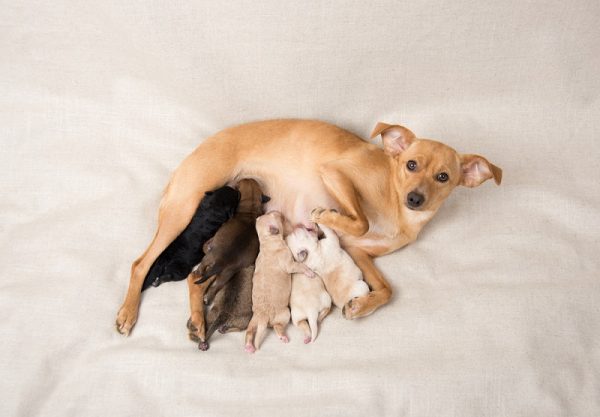Corgis are a beloved breed, known for their short legs and adorable personalities. But did you know that there is also a long-haired version of the Corgi? These dogs, originating from Wales and known as the Pembroke Welsh Corgi or Cardigan Welsh Corgi, can have either short or long hair, depending on if they have the “fluff gene.” These loyal, intelligent, and fun-loving dogs have a long-standing history and have been praised for their herding ability and charismatic personalities.
Both the Pembroke Welsh Corgi and the Cardigan Welsh Corgi are medium-sized dog breeds with a distinctive appearance. This breed is characterized by its short legs and long body, as well as its foxlike head. Long-haired (fluffy) Corgis have a thick, double coat that is usually red, sable, fawn, or black and tan. They also have a long muzzle and upright ears, with a deep chest and a long, low-set tail.
Both types of Corgis are very muscular and powerful dogs, despite their small size. The breed has a strong and sturdy stature, with a broad chest and strong legs. It stands at an average height of 10-12 inches and weighs between 25-30 pounds.
Breed Overview
Height:
10 to 12 inches
Weight:
24 to 30 pounds
Lifespan:
12 to 13 years
Colors:
Tan, sable, fawn, red, black- may have white markings
Suitable for:
Active families and individuals
Temperament:
Intelligent, sociable, loyal, affectionate, gets along with other pets
Long-Haired Corgi Characteristics

The Earliest Records of the Long-Haired Corgi in History
Both types of Corgis originated in Wales and have been around since around 1200 BC. They were originally used by farmers to herd sheep and cattle. Most of them have short coats. The long-haired Corgi is the result of a genetic mutation, known as the “fluff gene” which gives these Corgis their long hair. It’s not exactly known when this mutation showed up, but it is still fairly rare, and you may have to seek out specific breeders that breed for the long-haired gene.
How the Long-Haired Corgi Gained Popularity
Corgis became popular around 1944 when Queen Elizabeth first debuted her Corgi, “Susan” to the world. After this introduction, there was a 50% increase in Corgi ownership in the UK, which soon was mimicked in the United States. The long-haired Corgi is just as popular as the short-haired Corgi, however, the long-haired Corgi is much rarer, as many breeders breed for the short-haired gene.
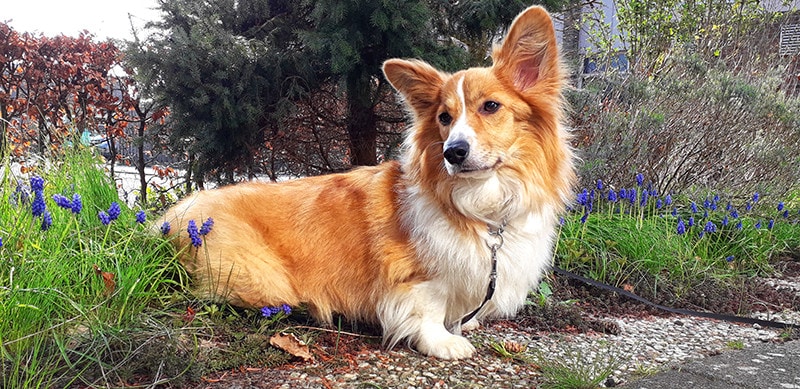
Formal Recognition of the Long-Haired Corgi
Pembroke Corgis were recognized in 1934, but only the short-haired version is part of the breed standard. The long-haired version of the Corgi isn’t actually recognized by the American Kennel Club and is not part of the breed standard because they commonly have problems with matting as well as their coats holding in moisture and dirt.

Top 8 Unique Facts About the Long-Haired Corgi
1. The name Corgi has a meaning
The name Corgi means “dwarf dog”.
2. These dogs were originally used as cattle herders
They were used as cattle herders in Pembrokeshire, Wales – hence their name.
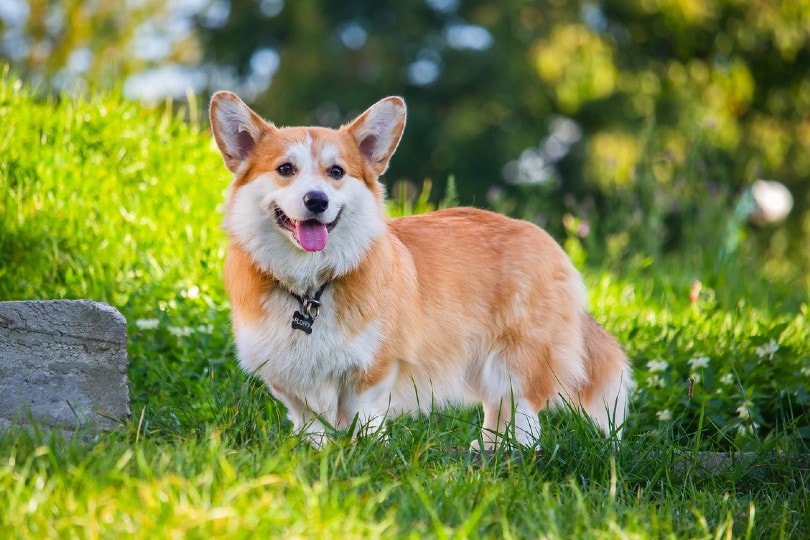
3. They’re intelligent and can be super stubborn if not properly trained as puppies
Crate training is recommended if housebreaking the puppy is a problem.
4. They’re known for “trapping”
Trapping is also known as running around chasing their tail or randomly dashing around a room, literally. So don’t be surprised if you find your pup outdoors playing with itself for minutes at a time.
5. Long-Haired Corgis have a tendency to overeat
It’s important to monitor their daily food intake.
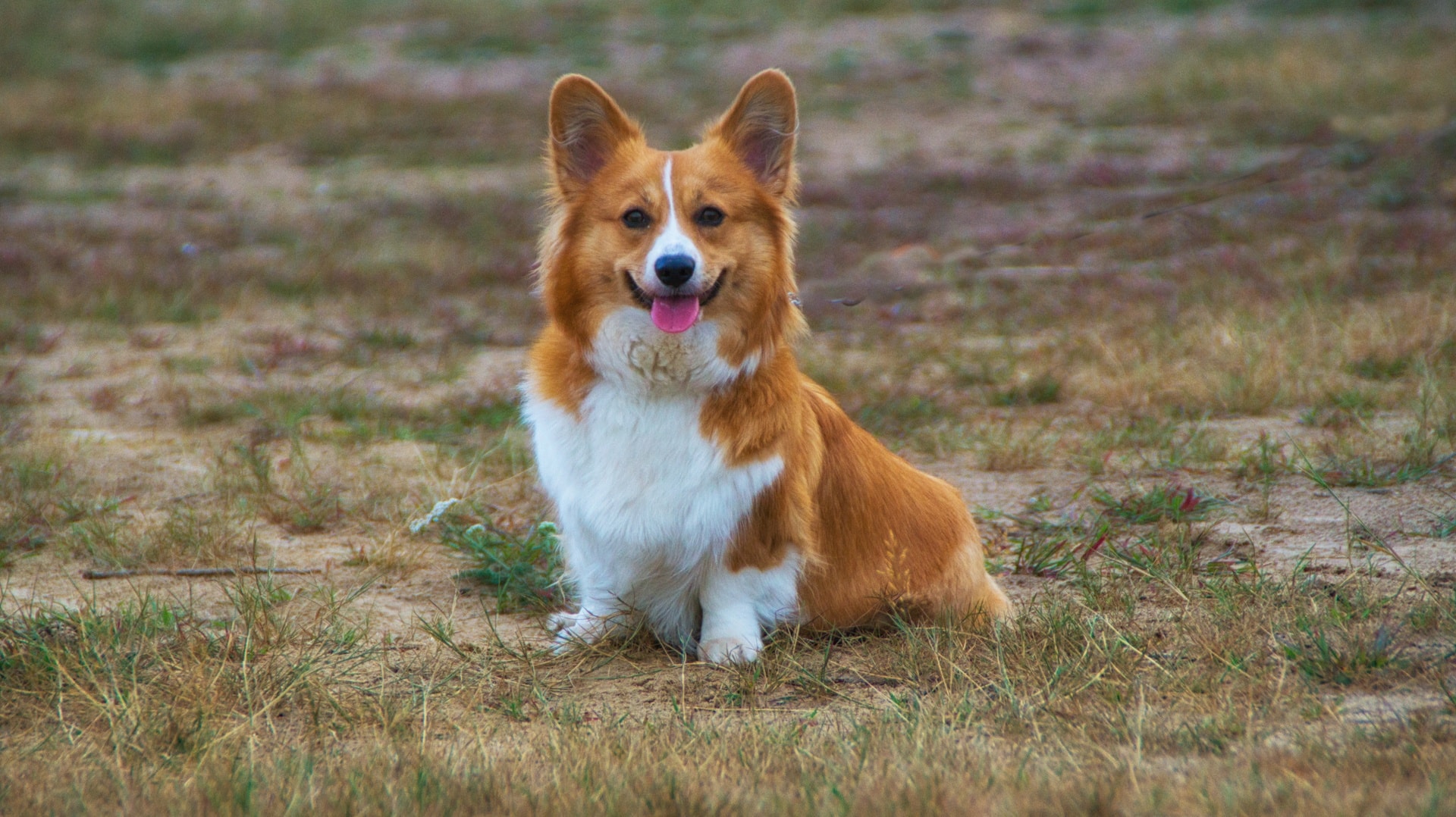
6. They may be a bit aggressive with children
This is because of their strong herding instincts.
7. Long-Haired Corgis can be vocal dogs
They have the tendency of barking at everything and everyone.
8. Long-Haired Corgis are small dogs but have lots of energy
They need to be exercised for at least 45 minutes to an hour every day or they can become quite rambunctious and stir crazy.
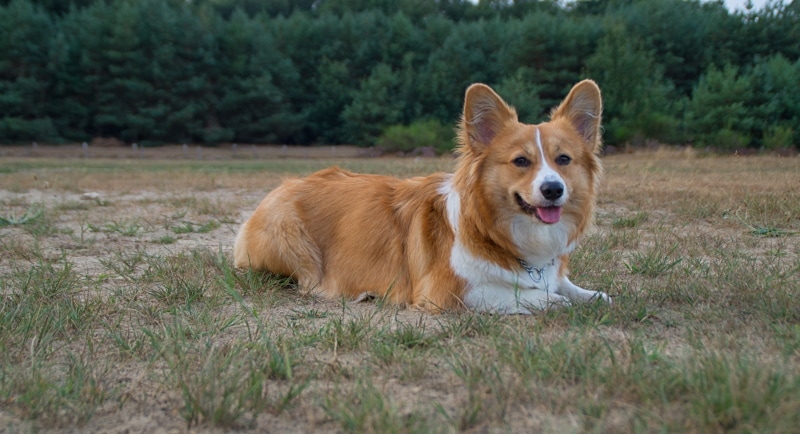

Does a Long-Haired Corgi Make a Good Pet?
Long-haired Corgis are small, friendly, and loyal dogs that make great pets and companions. They’re very intelligent and require a lot of physical and mental stimulation, so having a lot of space for them to run (or taking them outside for daily exercise) is essential to their quality of life. Pembroke Corgis are also very curious and need to be supervised (at least initially) when around other animals or children. These dogs thrive on companionship, so it’s important to find a home that is willing to provide them with the attention and care that they need.

Closing Thoughts
The long-haired version of the Corgi isn’t recognized by the American Kennel Club as part of the breed standard. But being that this version of the Corgi is rare, it’s important to keep in mind that they’re not really a separate breed with their own set of characteristics and needs. They simply have a different coat type than the short-haired version, which is why they’re often mistaken for a different type of dog altogether. Long-haired Corgis have a little bit of a stubborn streak and may be harder to teach than other kinds of dogs, but they have tons of personality and can make great pets if you can find one.
Featured Image Credit: Alvan Nee, Unsplash
